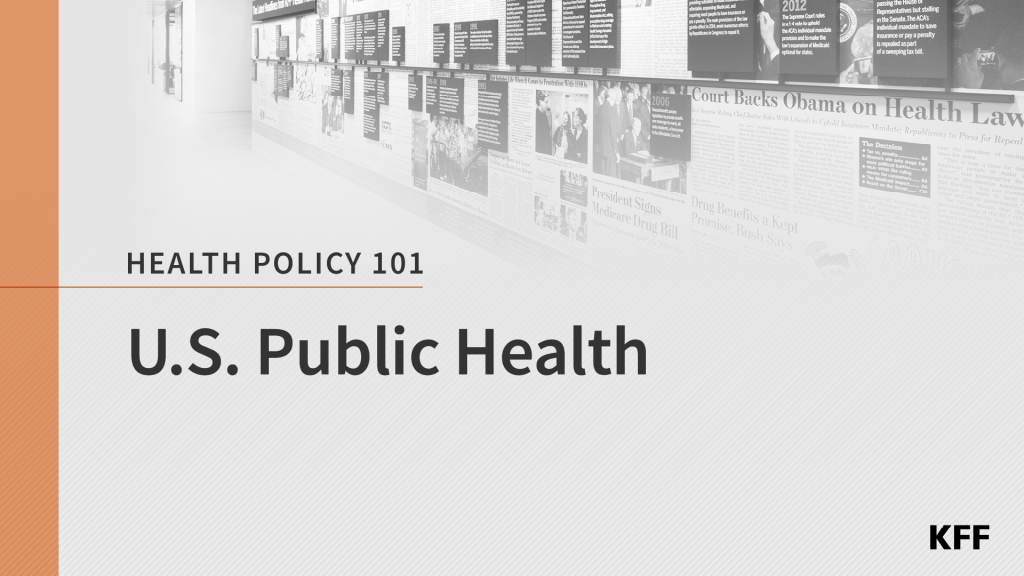The Public and Health (Mis)information: What Polling Tells Us about Where We’ve Been and Where We Might Be Going
In this research article released online by The Journal of Health Policy, Politics and Law, KFF's Elizabeth Hamel, Alex Montero and Mollyann Brodie reflect on 30 years of public opinion data to offer perspectives on how the public accesses, evaluates, and uses health information, and what recent trends may suggest about the future of the…
